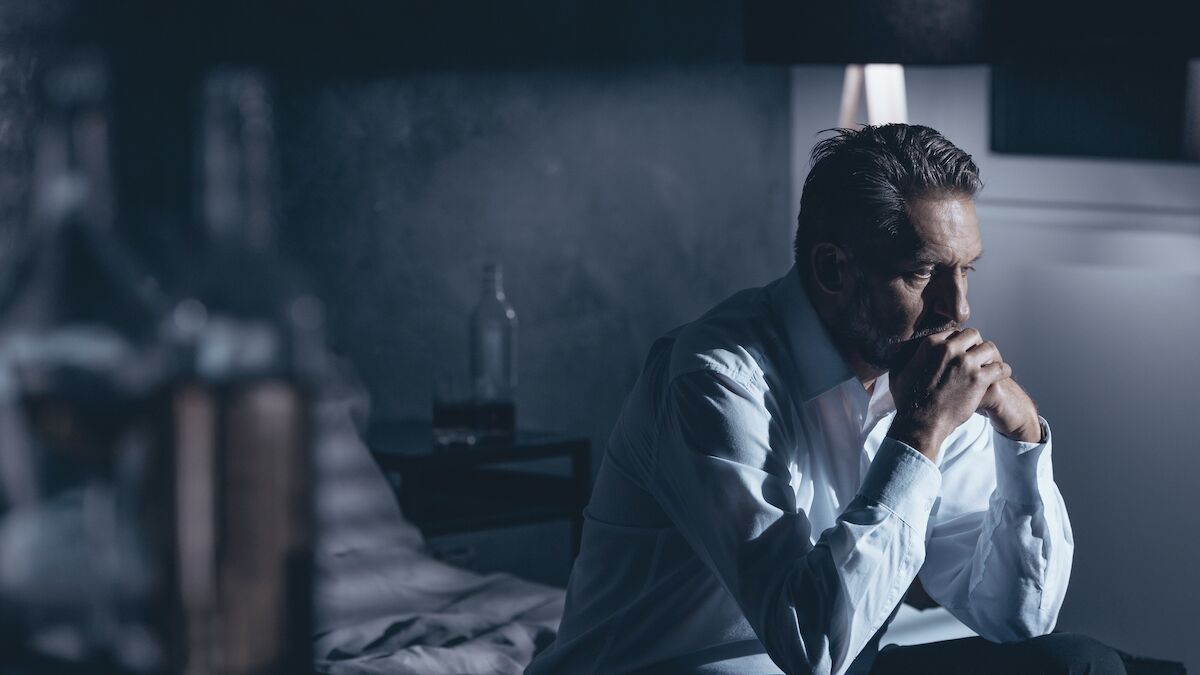“Once you choose hope, anything is possible.” – Christopher Reeve
There are two pillars upon which depression rests.
Helplessness
When in the grip of depression, we feel helpless despite our efforts to pull out. The more we struggle, the more exhausted we become. In her book Eat, Pray, Love, Elizabeth Gilbert writes, “They flank me – Depression on my left, loneliness on my right. They don’t need to show their badges. I know these guys very well . . . then they frisk me. They empty my pockets of any joy I had been carrying there.”
Hopelessness
Helplessness often leads to profound hopelessness about the future. In her book Prozac Nation, Elizabeth Wurtzel writes, “That’s the thing about depression: A human being can survive almost anything, as long as she sees the end in sight. But depression is so insidious and compounds daily that it’s impossible to ever see the end.”
What I have learned over the past twenty years of living with depression is we need to chisel away at these twin pillars. I began to discover helplessness and hopelessness are disempowering: I had no choice but to live my days under this rock of sadness. My healing involved learning that I did have options in how I related to life when depressed. And I found this power to choose empowering and life-affirming.
How did I leave helplessness and hopelessness behind?











